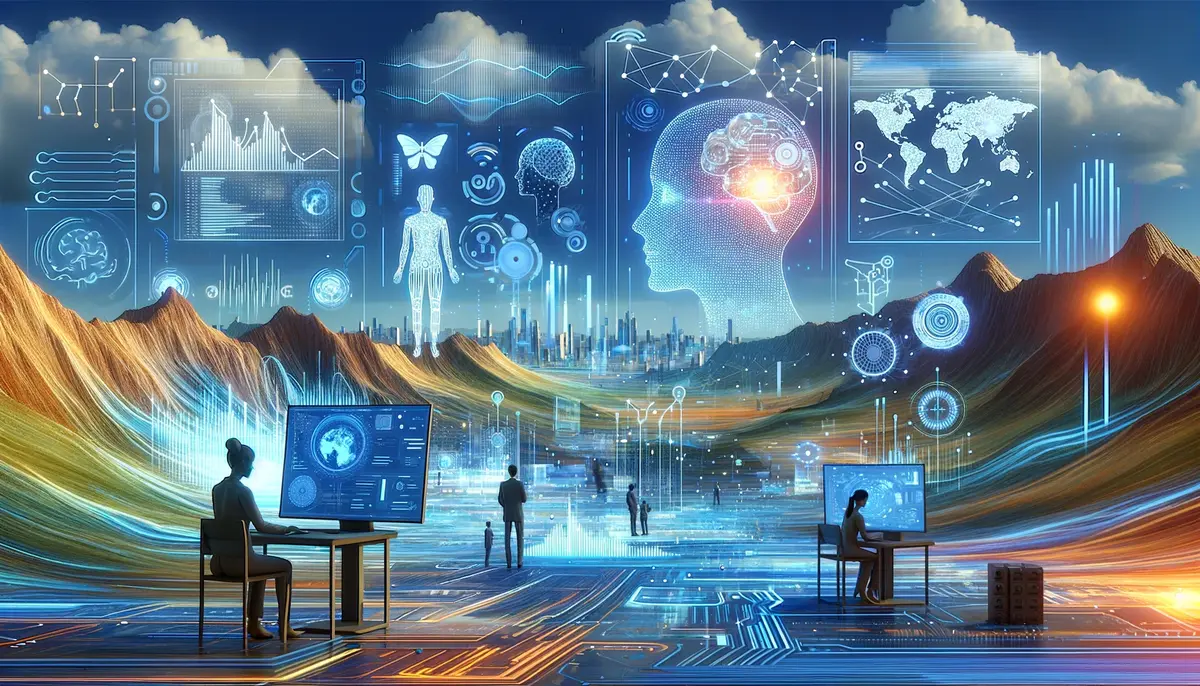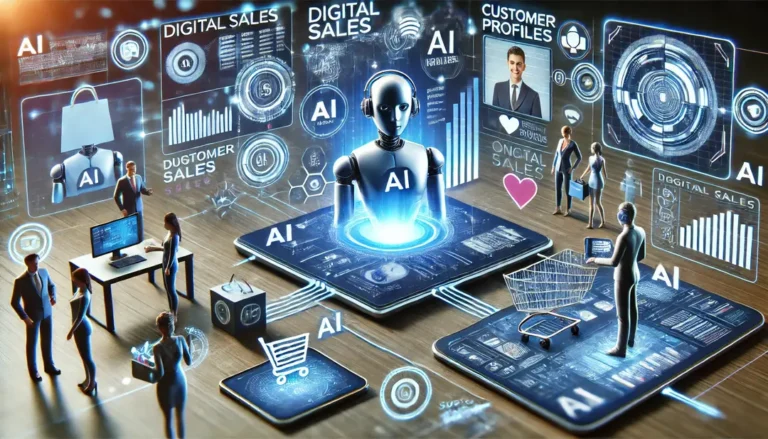As Artificial Intelligence (AI) continues to evolve at a breakneck pace, it prompts a pressing question: Will the roles of data analysts and data scientists soon be relics of the past, overshadowed by the capabilities of AI? This question not only stirs curiosity but also concern among professionals who have dedicated their careers to data analysis and science.
In this blog post, we’ll explore the multifaceted relationship between AI, data analysts, and data scientists, shedding light on the future of these professions in an AI-driven world.
Read also: The Ultimate Guide To Sending Bulk Emails With Bigly Sales
AI’s Ascendance in Data Analysis
AI’s impact on data analysis is profound, offering unparalleled efficiency in processing and interpreting vast datasets. This efficiency has sparked a debate on AI’s potential to replace human roles in data analysis. However, understanding AI’s capabilities and limitations is crucial in addressing these concerns.
The Irreplaceable Human Element
Despite AI’s advancements, the human element in data analysis remains indispensable. Data analysts and scientists bring to the table critical thinking, creativity, and ethical judgment—qualities that AI cannot replicate. They interpret complex data, provide context, and make nuanced decisions that go beyond the binary logic of AI algorithms.
A Synergistic Relationship
Rather than viewing AI as a threat, it’s more productive to see it as a valuable collaborator. AI can handle routine tasks, crunch large datasets, and even generate initial insights, allowing data professionals to focus on higher-level analysis, strategy, and innovation.
Evolving Skill Sets
The rise of AI necessitates an evolution in the skill sets of data analysts and scientists. Mastery of AI and machine learning technologies is becoming as crucial as traditional statistical and analytical skills. This evolution doesn’t diminish the value of data professionals; rather, it enhances their roles by integrating AI’s computational power with human analytical prowess.
The Critical Role of Domain Expertise
AI’s effectiveness is often contingent on the application of domain-specific knowledge, which data professionals possess. Their expertise ensures that AI algorithms are grounded in the reality of the domain, enhancing the relevance and applicability of AI-generated insights.
Navigating Ethical Waters
The integration of AI in data analysis brings to the forefront ethical considerations and the need for responsible AI governance. Data analysts and scientists play a pivotal role in ensuring ethical AI use, addressing biases, and safeguarding data privacy and security.
The Future of Decision-Making
In an AI-enhanced future, decision-making will likely be a collaborative effort between humans and machines. Data professionals will leverage AI to extend their capabilities while ensuring that AI’s analytical power is applied ethically and effectively.
The Imperative of Lifelong Learning
Adaptability and continuous learning are essential in the dynamic field of data analysis. Staying abreast of AI advancements and continually refining their skills will enable data analysts and scientists to remain valuable and relevant in an AI-centric future.
Conclusion
The notion that AI will replace data analysts and scientists is a simplistic view of a complex reality. The future is not about replacement but about transformation and collaboration. AI will undoubtedly change how data professionals work, but it will also amplify their abilities, allowing them to tackle more significant challenges, drive innovation, and contribute to ethical and strategic decision-making. In the AI era, the roles of data analysts and scientists are not diminishing but evolving, promising an exciting future where human intelligence and artificial intelligence work hand in hand.







